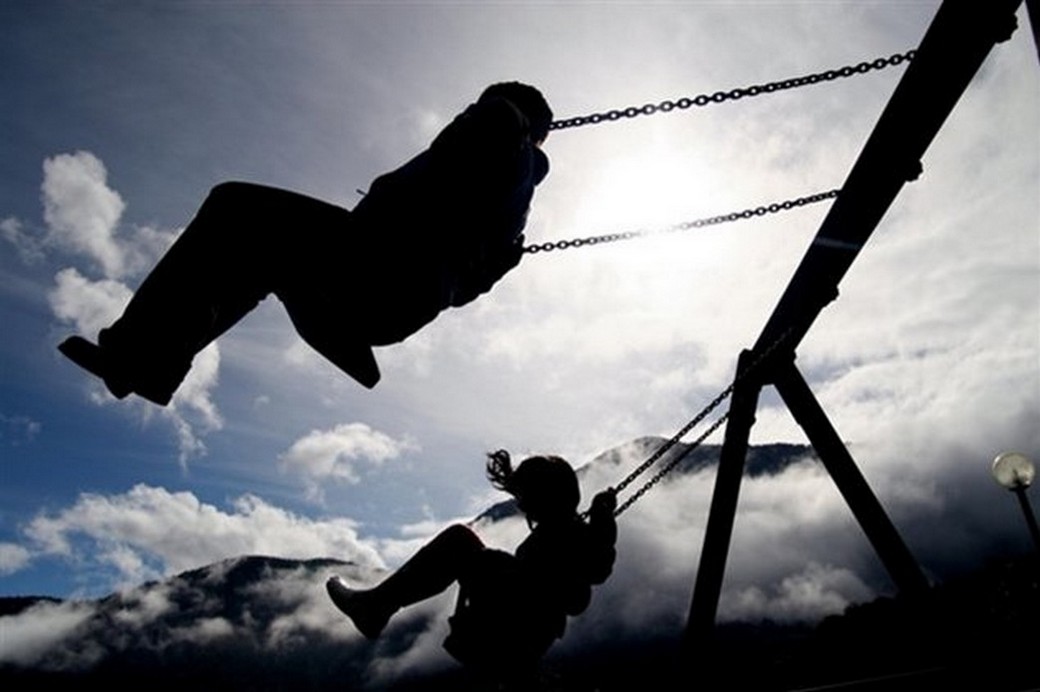Brussels, 29 November – EU institutions and Member States must do more to protect refugee and migrant children, a statement signed by 78 agencies – including Cesvi – said today to mark the opening of the 10th European Forum on the Rights of the Child in Brussels.
Europe’s refugee and migrant crisis will soon enter its third year, with children playing an ever larger part and the impact on their lives all the more tragic. Between January and September 2016, more than 664,500 children claimed asylum in Europe; In Italy, nine in ten children arriving this year are unaccompanied; in Greece, 23,000 children remain in limbo –their futures hanging in the balance, their education on hold.
More than 700 children are estimated to have died at sea trying to reach Europe this year alone. Last week a six-year old child died in a fire in the Moria camp on the Greek island of Lesbos.
Too little has been done to address the particular needs and vulnerabilities of children. Children in Sweden, for example, can often wait up to one year for their asylum cases to be heard. Children stranded in Greece have been out of school an average of 20 months. Many children have to wait more than a year to reach family members in other EU states – a dangerous delay that causes children to disappear or turn to smugglers.
The EU and member states can do a lot more to protect children and address their particular needs and vulnerabilities.
Addressing the Forum, the Child Rights Agencies call for deliberate action; leadership, public investment and an agreed policy framework that defines goals and measures progress, saying protecting children does not just happen on its own.
The 78 partner organisations identify 7 priority actions to protect refugee and migrant children today and prepare them for the future. These actions include the urgent adoption of an EU Action Plan on children in migration, strengthened safeguards for children in the asylum legislation, increased funding for national child protection systems and building mechanisms to protect children across borders.
The agencies say that actions at the EU level have so far been scattered and insufficient. What is needed now, they say, is comprehensive action on children in migration, bringing together all responsible authorities and encouraging states to better collect and share data.
The reform of the common European asylum system, currently debated in the European Parliament, provides a unique opportunity to ensure children get access to guardians, education and family reunification. EU Action is also needed to end the detention of migrant and refugee children, and the identification of alternatives.
Many of these children will grow up becoming future EU citizens. They should be considered as children first, regardless of their migration status. States need to invest in them, and empower them to fulfil their potential as equal participants in their communities.
Cover photo: Alessandro Tosatto
